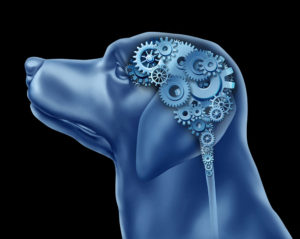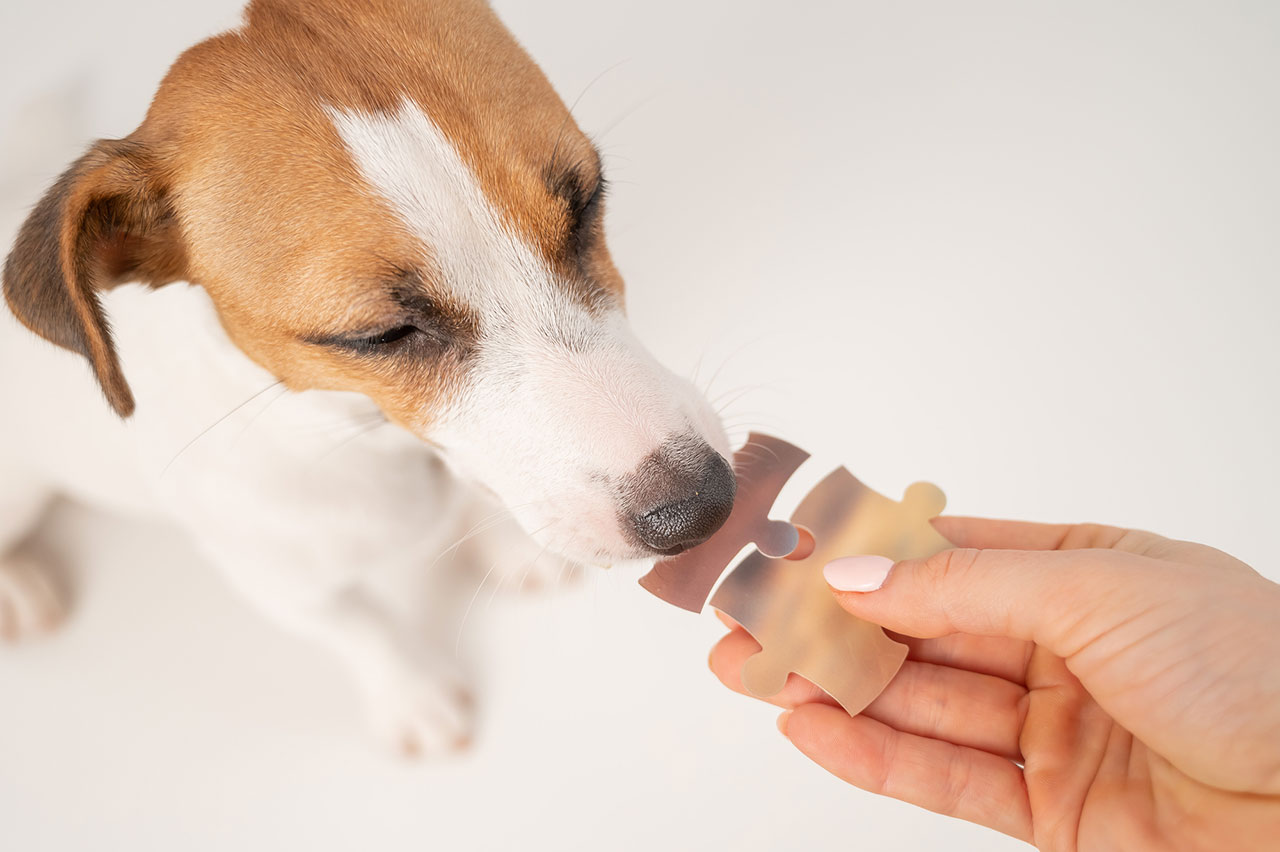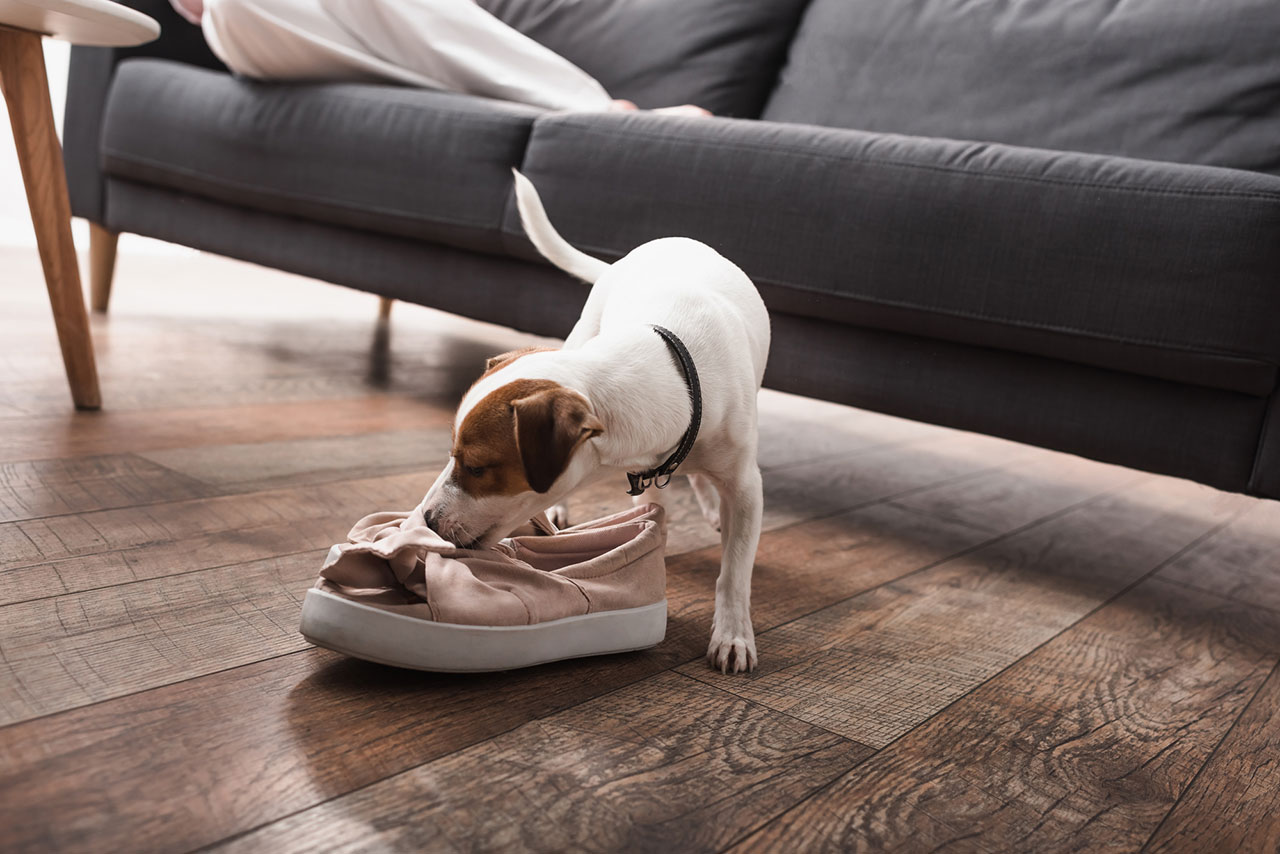How Long is a Dog’s Memory?
You love your dog, but sometimes you worry that he doesn’t remember you or your family. Many people believe that dogs do not have long-term memory. It is a common concern for dog owners, as they worry that their pets will not remember them or be able to adapt to a new home. But how long is a dog’s memory? It turns out the answer is longer than you might think! Here’s what you need to know about your dog’s memory span.
Dogs Have a Great Memory, They Can Remember Things For Up to Five Years!
Dogs have a fantastic ability to remember things for a long time. It’s a trait that they share with humans and other animals and is thought to be related to the part of the dog’s brain responsible for episodic-like memory. Dogs can remember where they buried their toys, where they last saw their owners, past specific actions and even the route of their daily walks. This ability to remember is one thing that makes dogs so unique compared to a lot of other animals in the animal kingdom.
There are many stories of dogs remembering things from their past, even after years have gone by. One famous story is Hachiko, a Japanese Akita who would wait at the train station every single day for his owner to come home from work. Even after his owner died, Hachiko continued to go to the train station every day for nine years until his death. This story shows just how loyal and devoted dogs can be and how their episodic memories can keep them going even when everything else in their life has changed.
Dogs can remember what they have seen and what has happened to them in the past. That is why it is essential always to be kind to your dog, as they will remember if you have been mean to them in the past. Dogs can also not forget their owners and will always be loyal to them. If you are ever feeling sad, spend some time with your dog, and they will surely make you feel better.
They Use the Same Part of Their Brain to Remember Things As Humans.

The hippocampus is the part of the dog’s brain responsible for forming new memories and consolidating old ones. The hippocampus, which is responsible for developing memories, is highly active when trying to learn further information. It makes it a vital study area for researchers who are still trying to understand how a dog’s memory works.
The hippocampus is responsible for:
- Episodic memory- is the type of memory that allows us to remember specific events in our lives.
- Associative memory- is the type of memory that allows us to remember relationships between things.
It makes sense that the hippocampus would be necessary for dogs’ memories, as they need to remember a lot of information to survive and thrive. Dogs need to remember where they live, their owners, what kinds of things they can do, and much more. They also need to place things they have learned in training, such as commands and tricks.
Interestingly, the size of a dog’s hippocampus is directly related to how well they perform on memory tasks. Dogs with larger hippocampi tend to do better on memory tests than those with smaller hippocampi. It suggests that the hippocampus is essential for memory in dogs, just as it is in humans.
Scientists have been able to identify the role of the canine hippocampus in memory, but there is still more to learn about how it works. This research provides a good starting point for understanding how canine memory works. It provides insight into how dogs remember things and could eventually help us better understand human memory.
You Can Train Your Dog’s Short Term Memory
Dogs are brilliant animals that can be trained to do many different things. You can teach your dog to remember where they left their toys or where they’re supposed to go potty. It’s an impressive feat that demonstrates their intelligence and ability to learn. It makes them precious members of any family and can make life much easier for their owners with associative memories.
There are a few different ways to teach your dog’s brain to remember things.
One method is to use positive reinforcement, rewarding your dog for correctly remembering something. It could be in treats, petting, or verbal praise. Be sure to use the word or phrase you want your dog to remember during this time so that they make the connection.
Another method is to use negative reinforcement, which means punishing your dog if they make a mistake. It could be in scolding, timeouts, or withholding treats. As with positive reinforcement, be sure to use the word or phrase you want your dog to remember during this time so that they make the connection.
Finally, you can use both positive and negative reinforcement to help your dog remember something. It could involve rewarding your dog for getting it right and punishing them for getting it wrong. You should never forget to be consistent with whichever method or combination of ways you choose.
Whichever method you choose, it’s essential to be consistent and patient while teaching your dog. Your dog will eventually catch on, and you’ll be amazed at how much they can remember.
If you’re unsure which method to use, or if you’re having trouble getting your dog to remember something, consult with a professional trainer or behaviorist. They can help you figure out what’s best for your dog and give you some tips on how to get them to learn more effectively.
Their Long Term Memory is Affected By Their Age & Health, Just Like Humans.
In their current biology dogs can suffer from dementia and Alzheimer’s disease as they get older, just like humans do, leading to a decline in their memory. Dogs can also experience memory loss due to health problems such as diabetes, heart disease, and kidney failure. If your dog is having problems with memory, it’s essential to go to the vet for a check-up. It is to rule out any possible health issues. If your dog is healthy but simply getting older, there are some things you can do to help them keep their memory sharp.
Providing them with mental stimulation through activities like obedience training, puzzle toys, and nose work can help keep their mind active and engaged. Keeping them connected socially with other dogs through playdates and dog parks can also help them stay sharp as they get older. If you notice your dog has trouble remembering things, don’t hesitate to talk to your vet. They can offer guidance on how to help best your furry friend keep their memories intact.
Dogs Rely On Their Senses More Than Anything Else to Remember Things
Dogs rely on their senses more than anything else to remember things. It’s their sense of smell is much more potent and evocative than humans. Dogs have up to 300 million olfactory receptors in their noses than just six million humans. It means that they can pick up on a broader range of smells, and they’re also able to remember them more vividly. Using their smell receptors to create negative associations or positive associations to positive situations and any negative experience.
If you’ve ever seen your dog sniffing around an area where they’ve been before, they’re likely trying to recall memories associated with that particular scent. Dogs can use smells to remember things like where they’ve been walked, who they’ve met, and what they’ve done. They can even use smells to help them find their way home.
Dogs also use other senses to create memories. They have a very keen sense of hearing, which they can use to remember sounds associated with particular experiences. Dogs have a stronger sense of taste compared to us humans, which helps them remember the flavor of specific food or treats. Dogs rely on all of their senses, not just visual cues and memories, to create a complete picture of their past experiences. It allows them to have a more vivid understanding of their surroundings.
Dogs are capable of forming memories just like humans. Some studies suggest that dogs may even have better long-term memory recall than we do! Building a strong connection with your dog is key to training them properly. If you are inconsistent in your methods, your dog will not understand what you expect from them. They will remember the good and bad times, and you want them to associate positive experiences with being around you. So keep up the great work, stay patient, and continue to build those memories!




